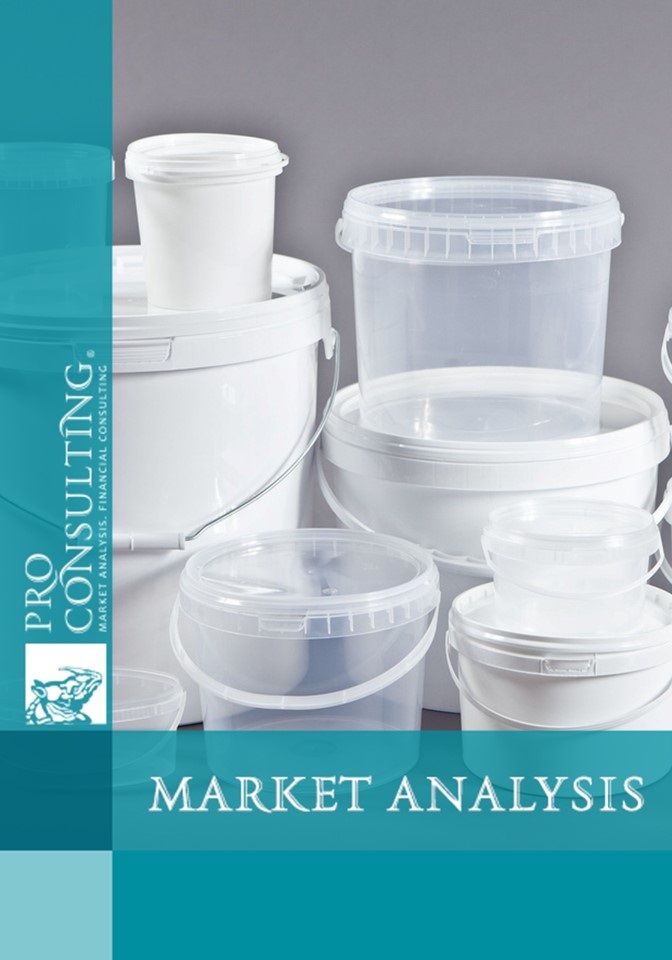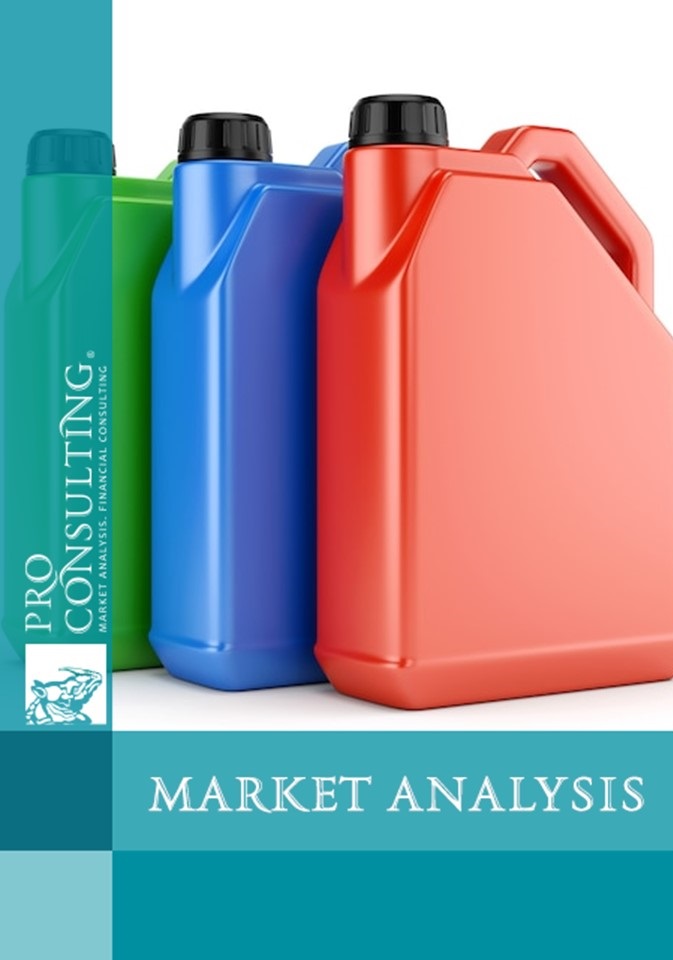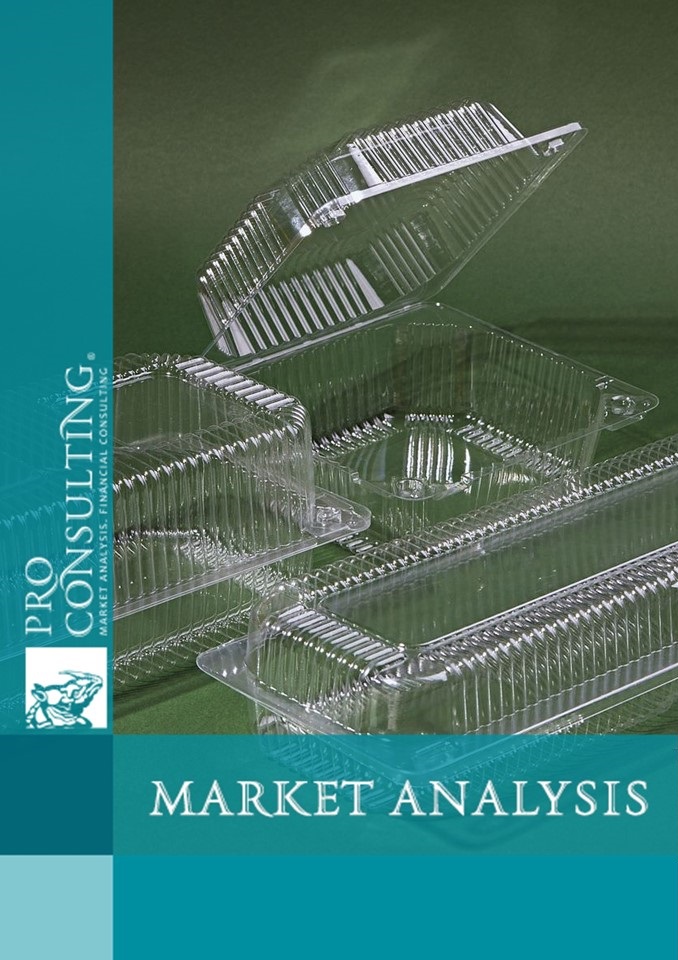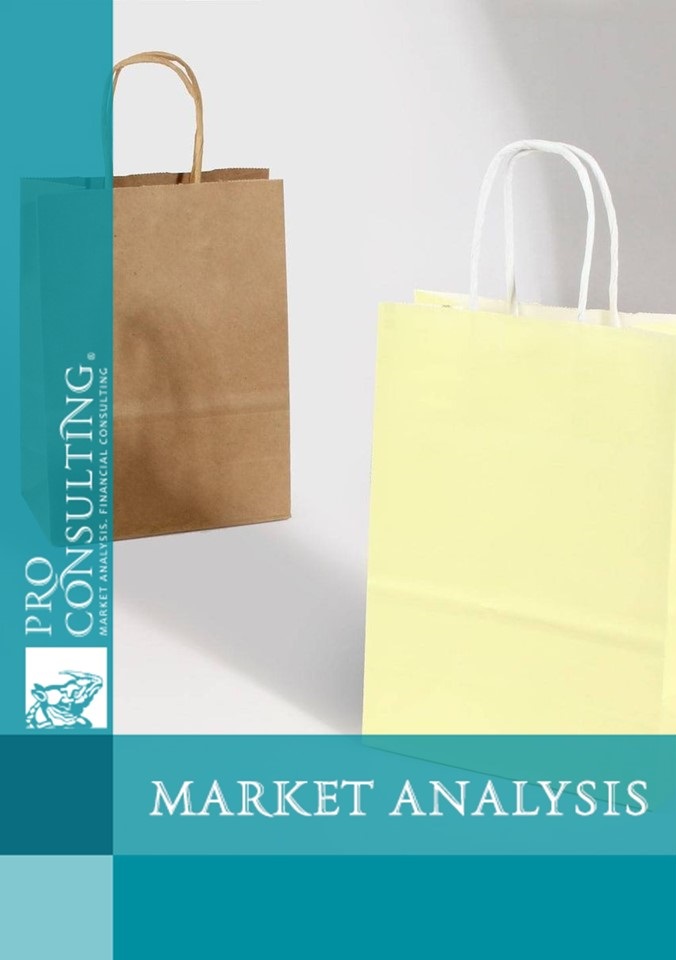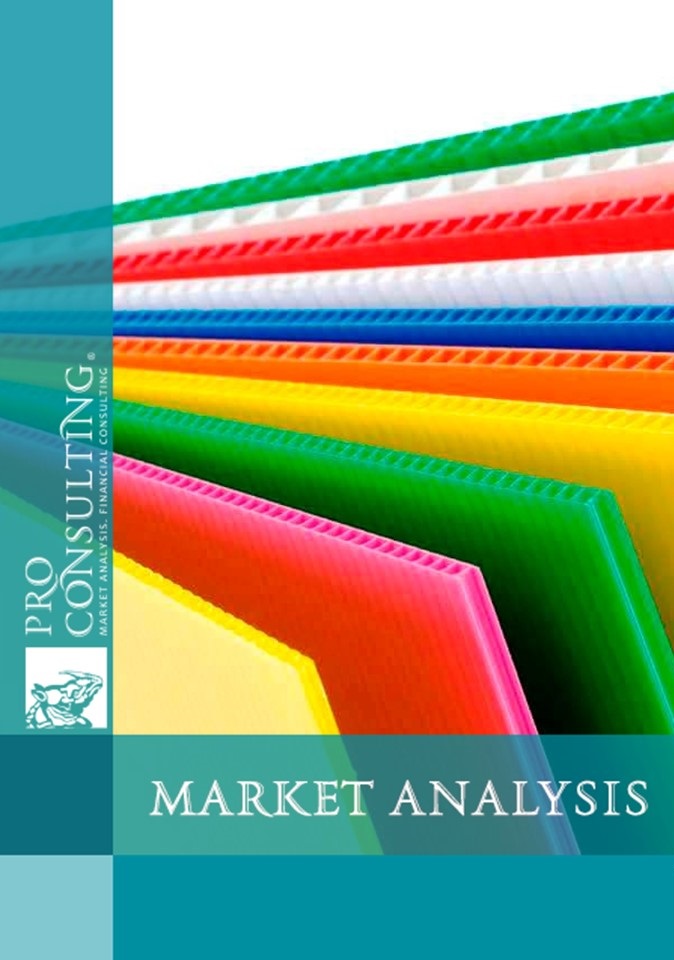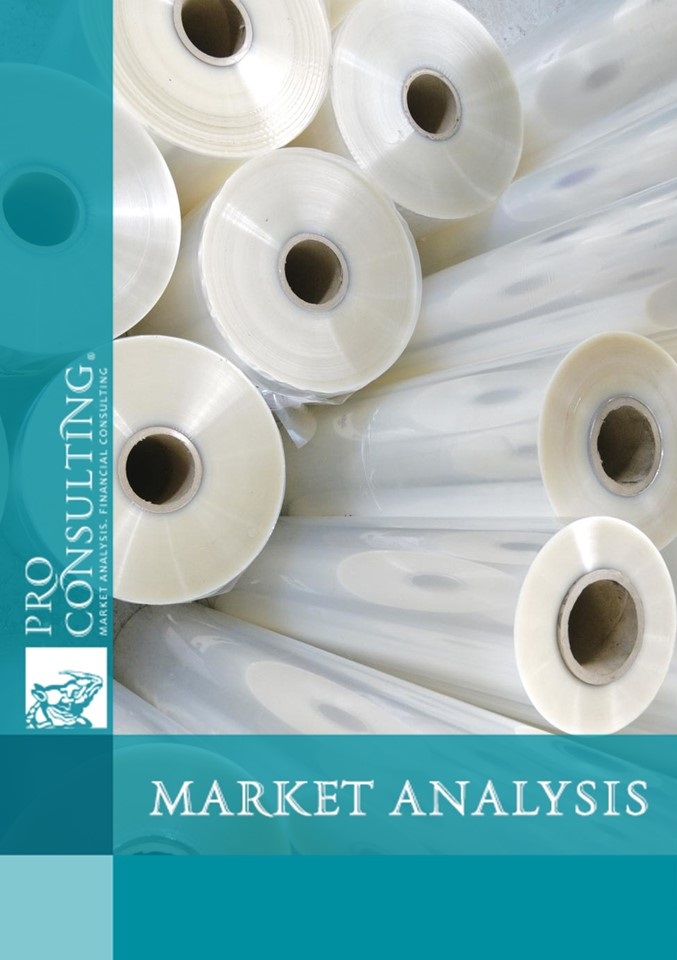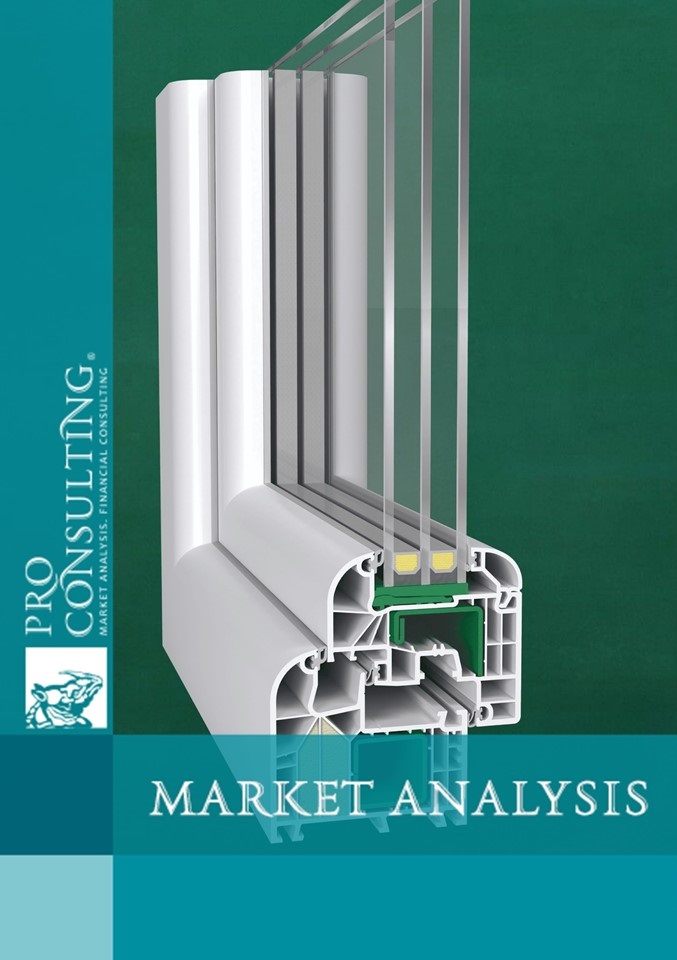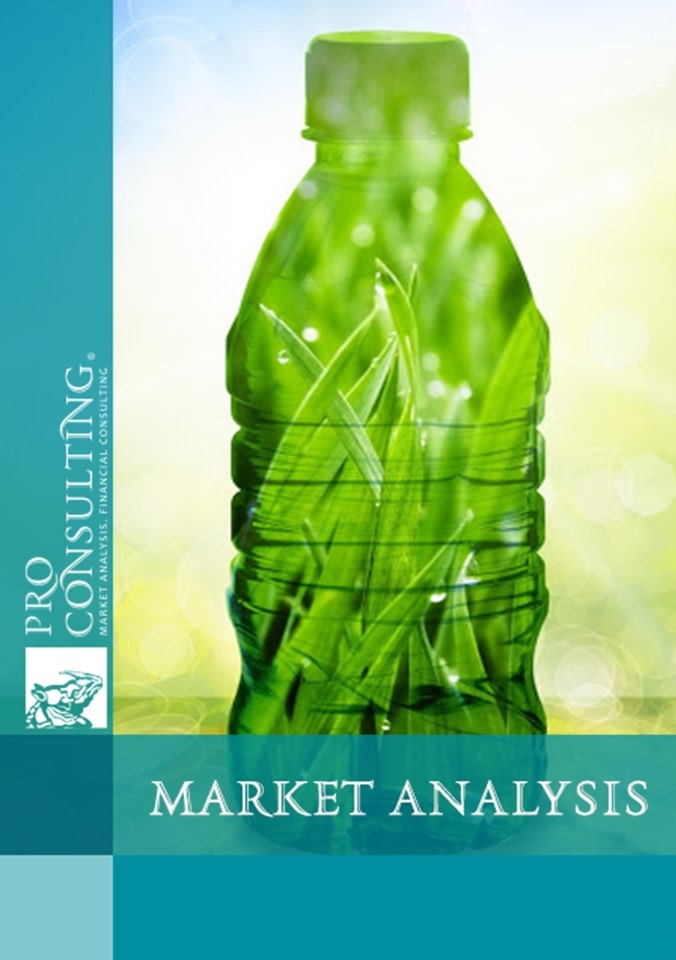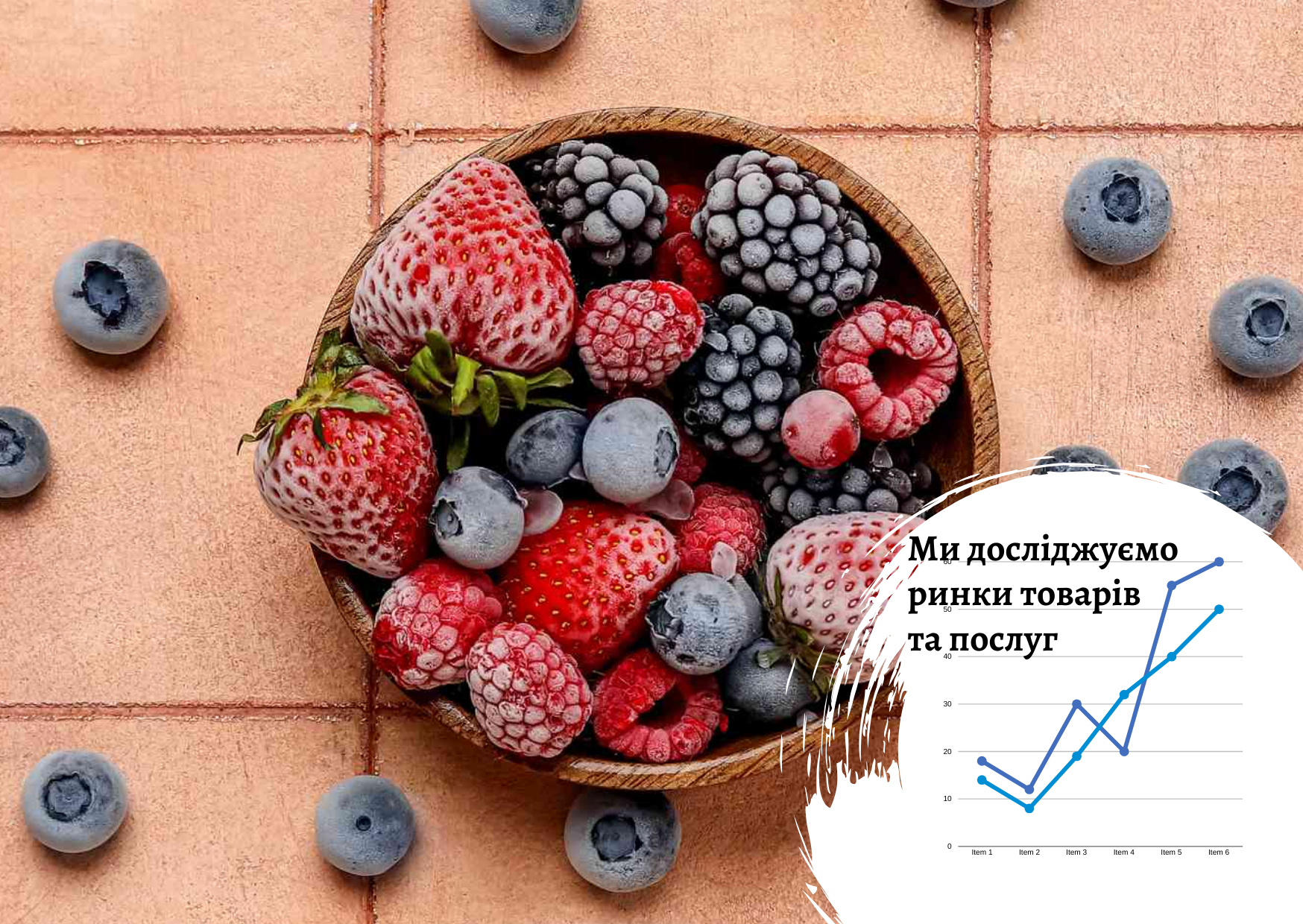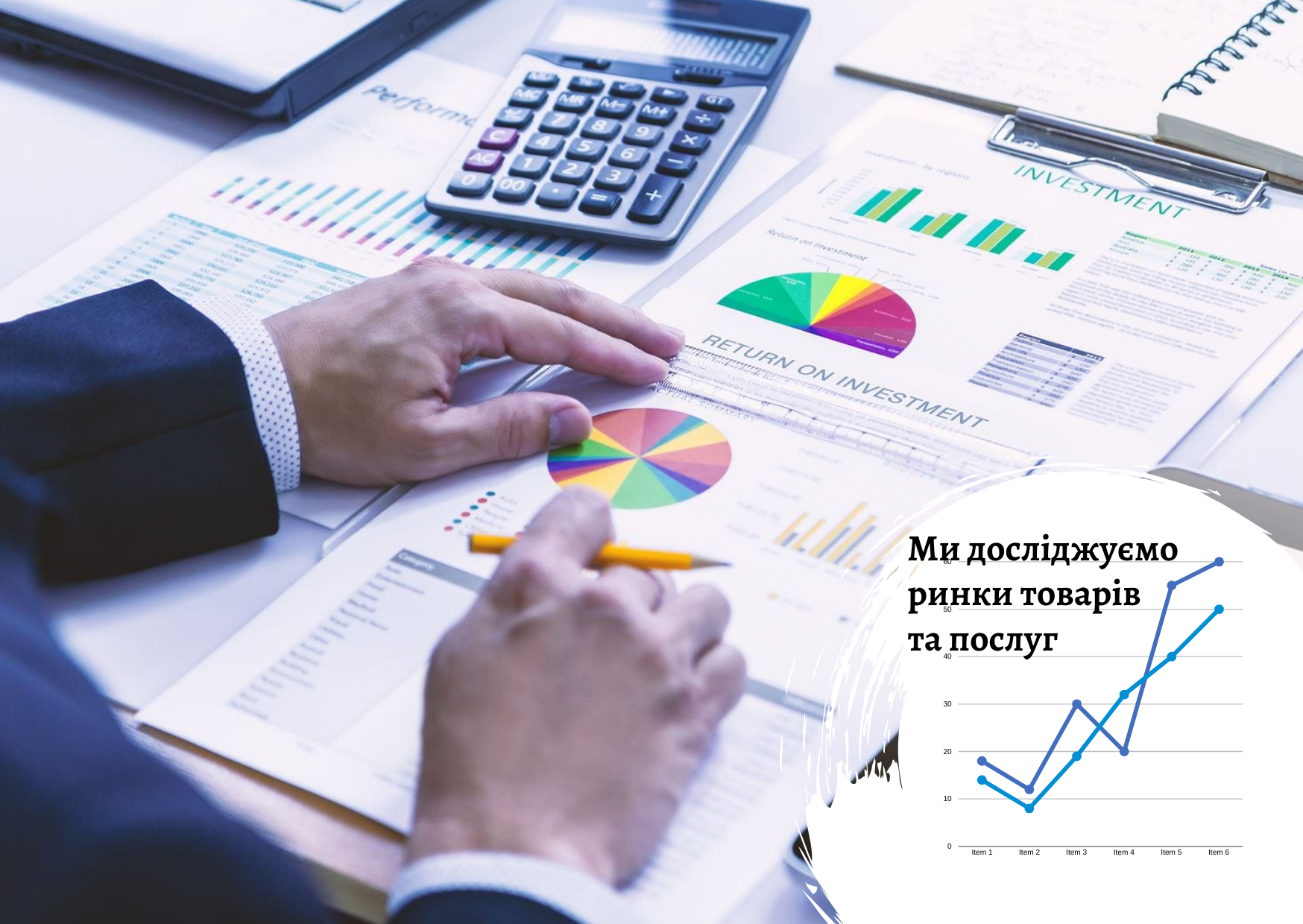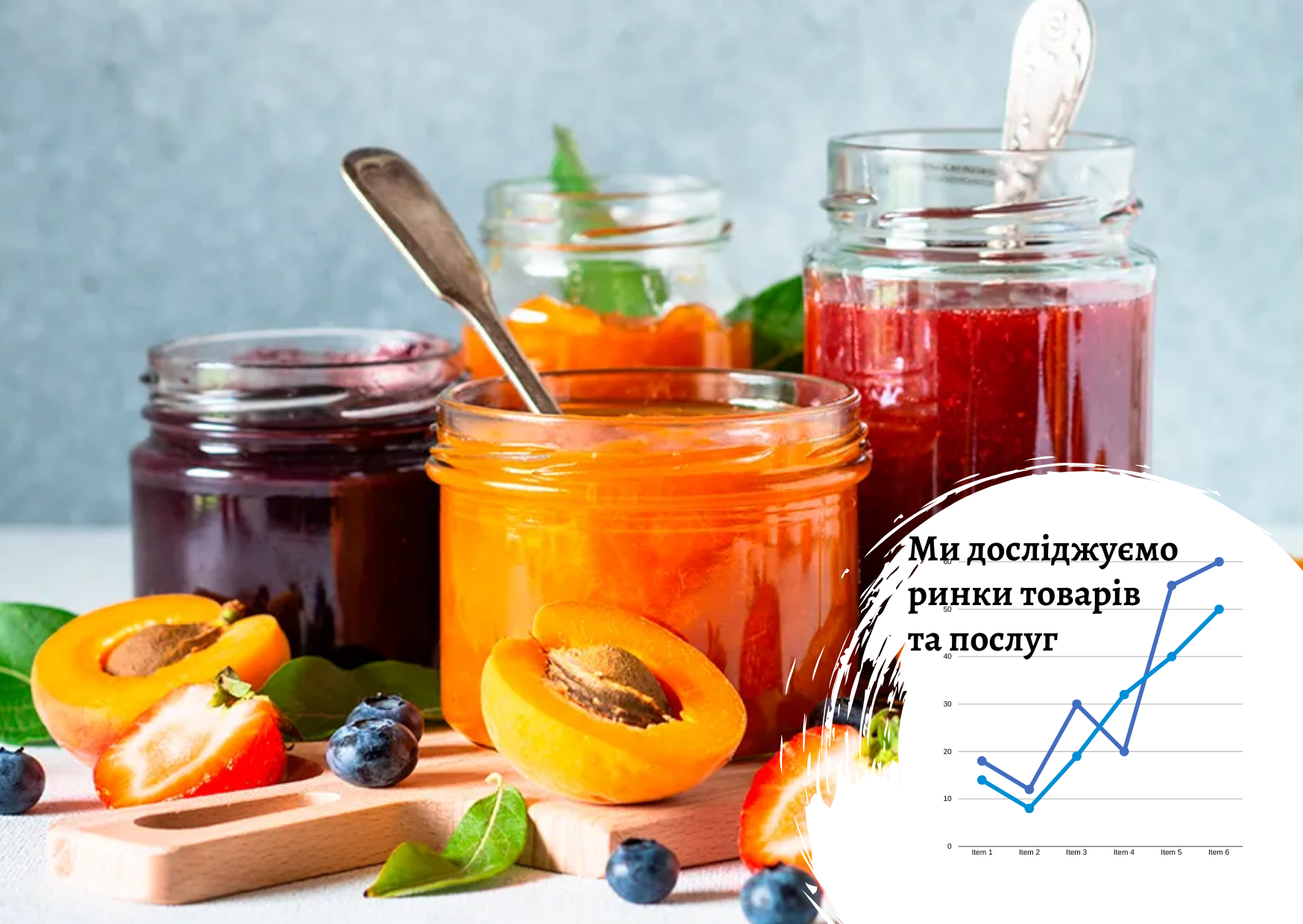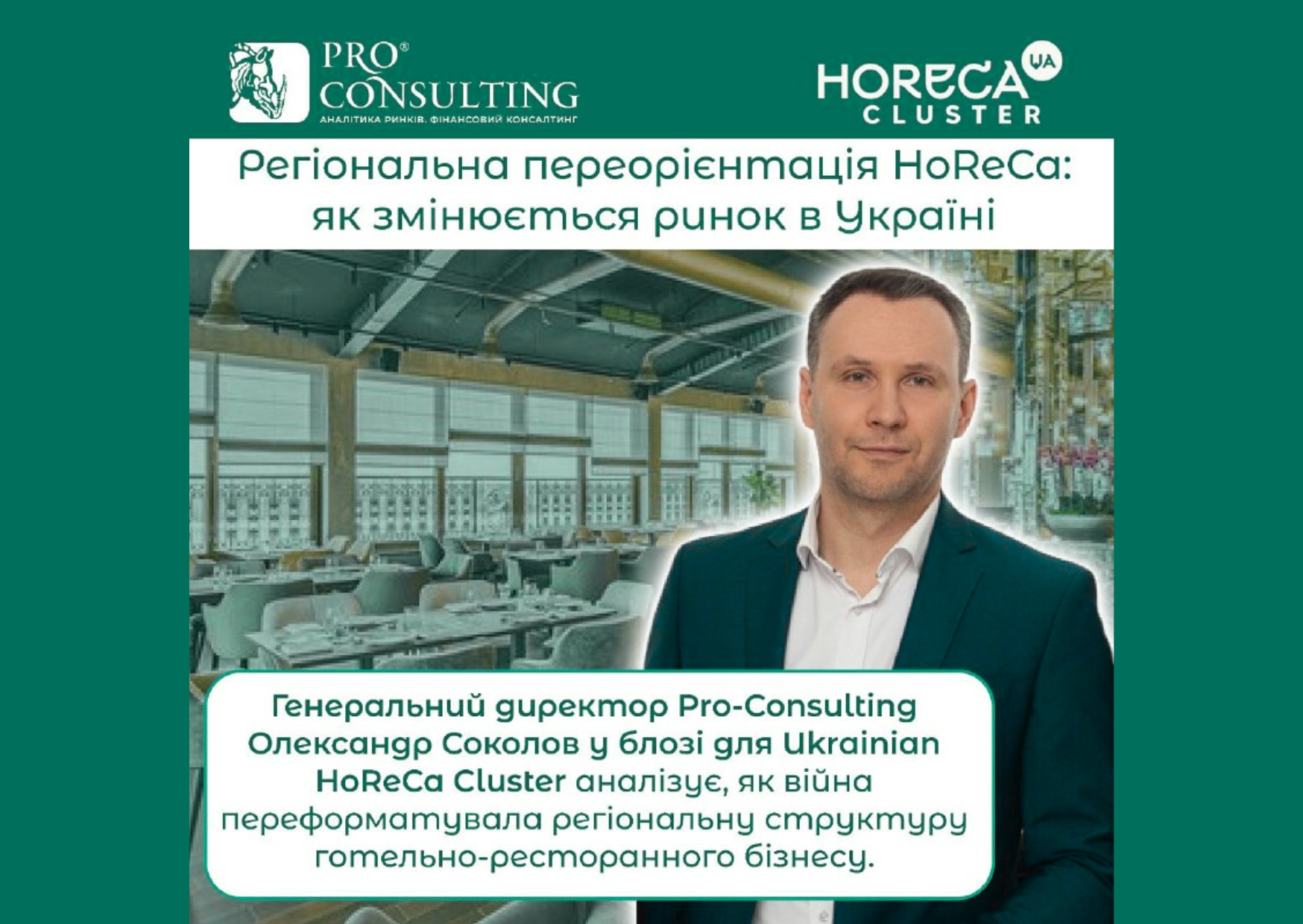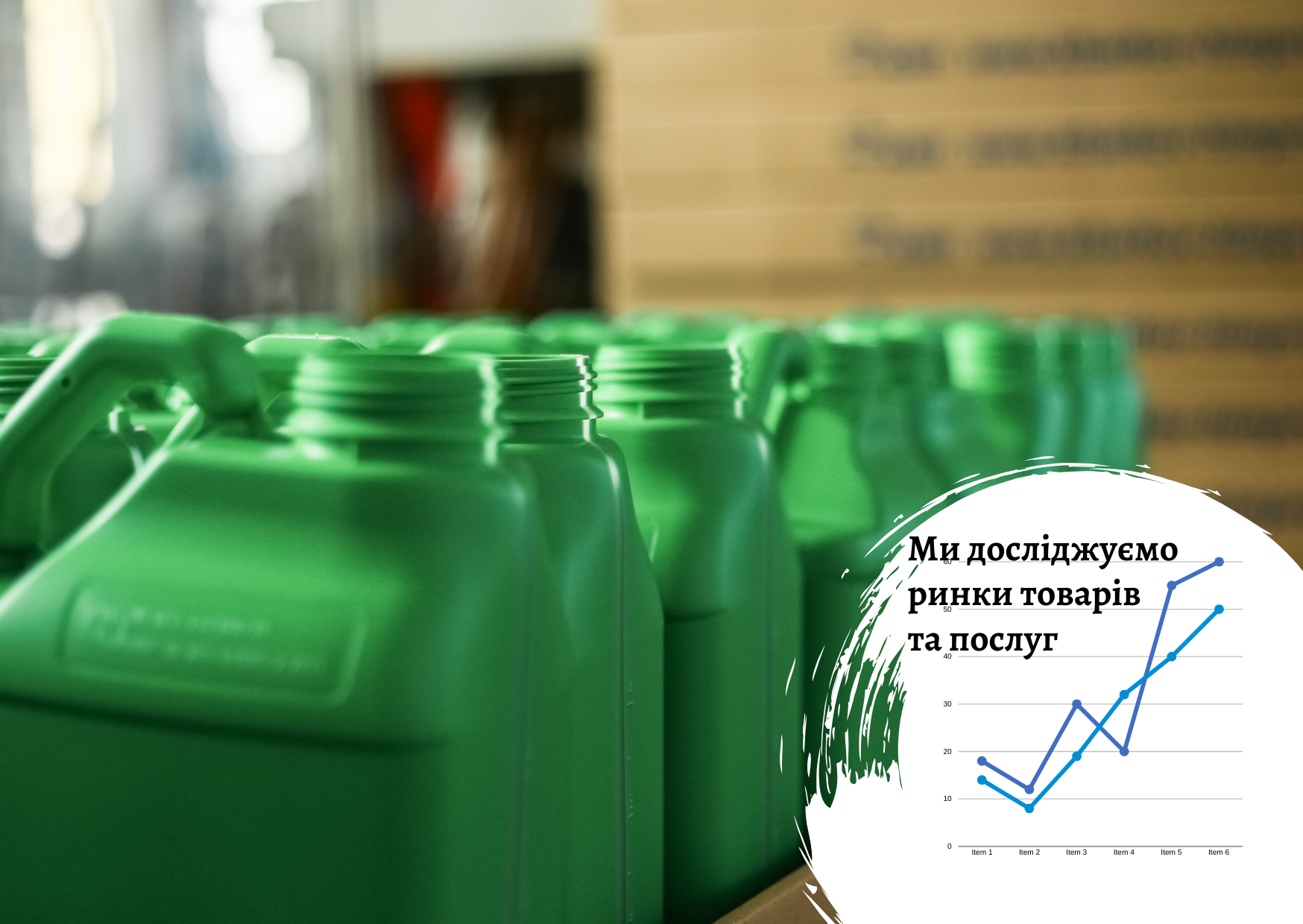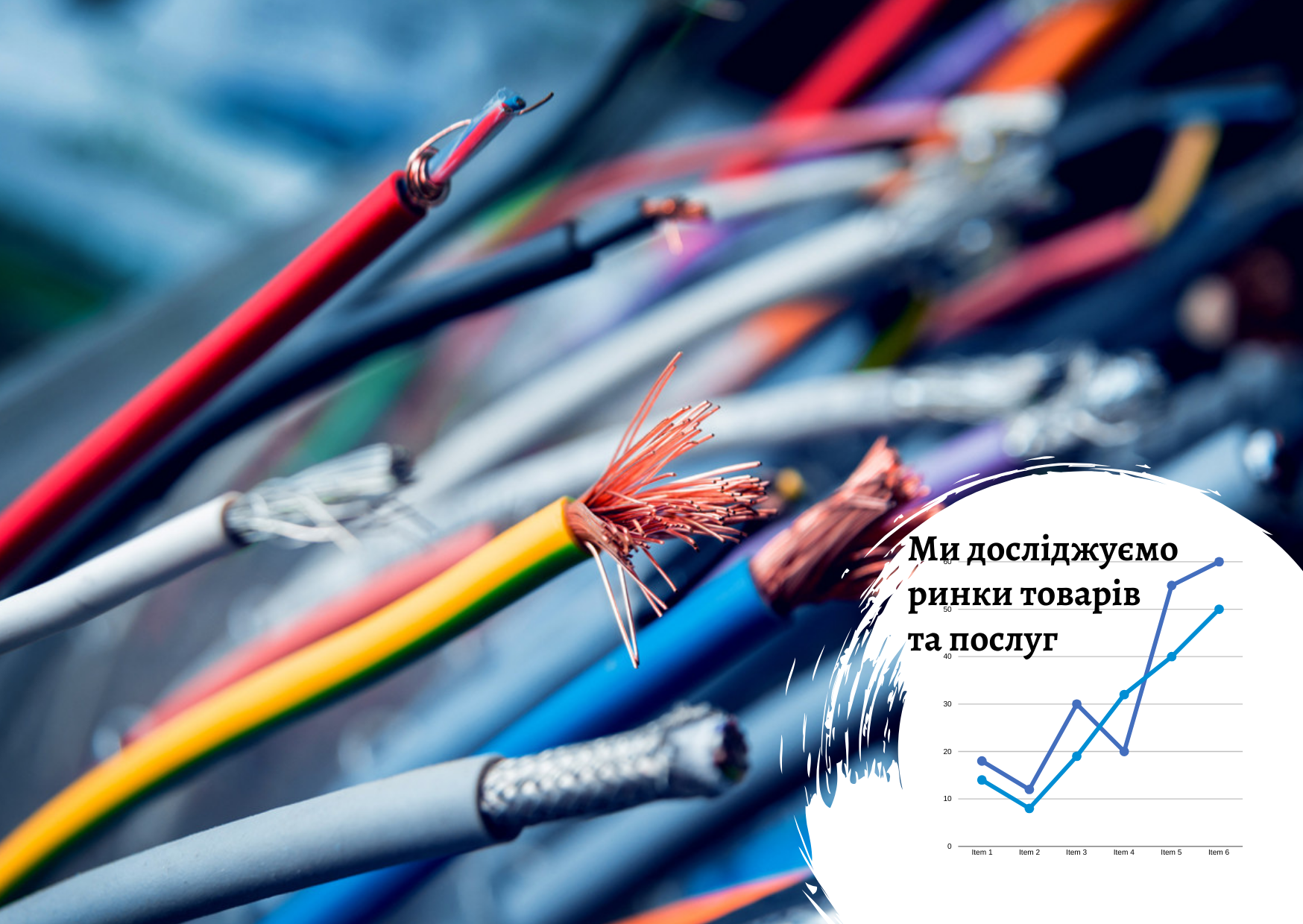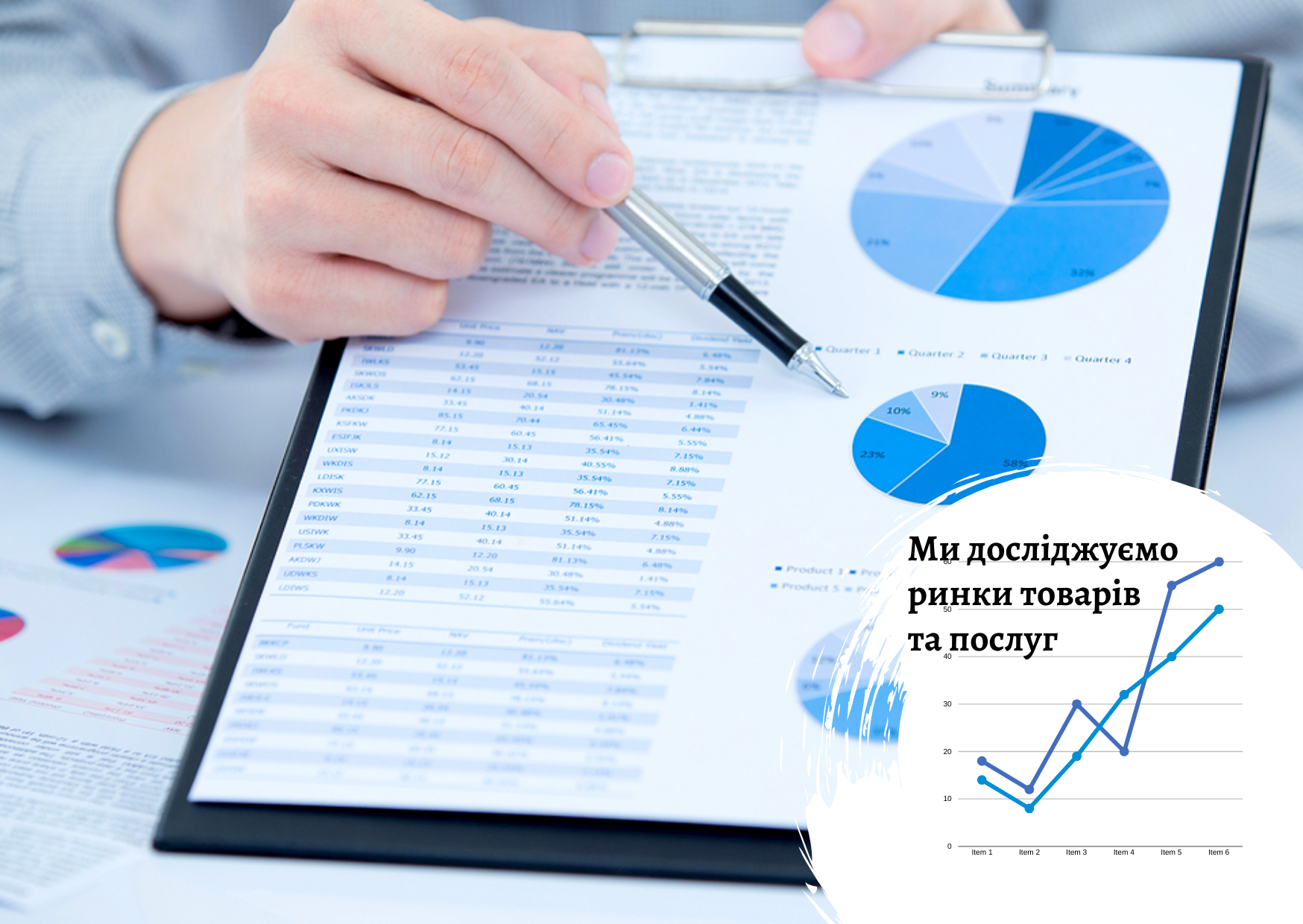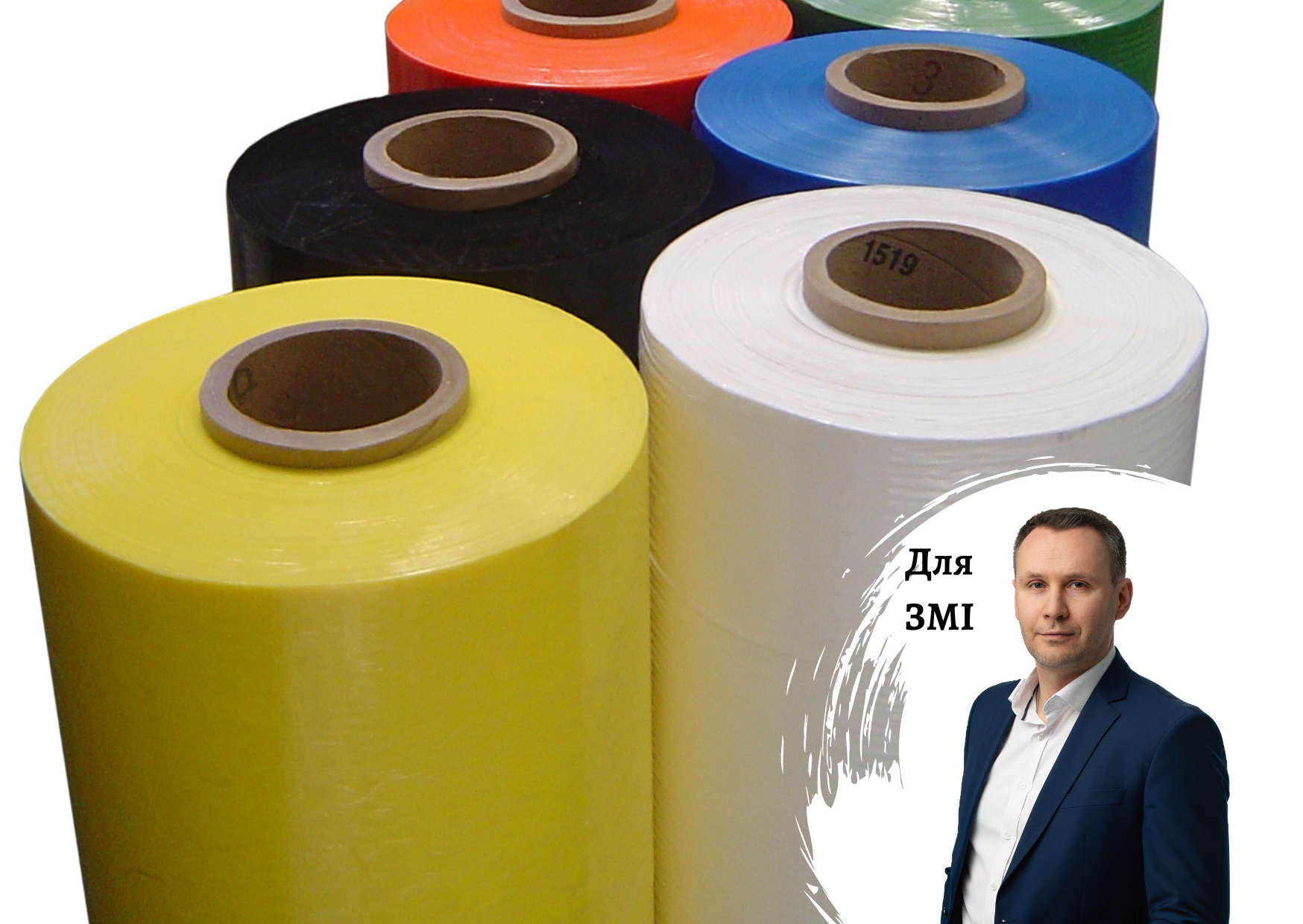
Ukrainian plastic packaging industry - expert comments by the Pro-Consulting CEO Oleksandr Sokolov. PLASTIC INFORMATION EUROPE
The Ukrainian plastic packaging industry has lost a part of production capacity due to the Russian invasion, Alexander Sokolov, general director of the Pro-Consulting think tank (Kyiv, pro-consulting.ua), said.
With the beginning of the all-out war in February of 2022, several Ukrainian regions were hit by hostilities or partly occupied by Russian troops. Some capacities in the affected territories were damaged or destroyed, Sokolov said. "One of the examples is Chernihiv-based Plast Box Ukraine, a subsidiary of the Polish company Plast Box SA (Slupsk, Poland; www.plast-box.com). As a result of a missile strike and fire, the enterprise and its high-tech equipment were destroyed. Currently, the company sells [in Ukraine] products manufactured in Poland," he added.
Some Ukrainian plastic packaging companies decided to relocate their production capacities to safer regions – a move associated with significant financial costs required to dismantle equipment and transport it to a new location. Sokolov disclosed that one plastic packaging company moved its production line from Kharkiv to the Dnepropetrovsk region. The Ukrainian authorities help businesses with evacuation, but not all companies have managed to relocate operations yet.
Ukrainian plastic packaging manufacturers have not only suffered from capacity damage but also experienced challenges due to supply chain disruptions. At the beginning of the war, numerous companies faced difficulties sourcing raw materials and equipment, especially in the front-line territories, Sokolov said. However, these problems were largely resolved during the first half of 2022, as new logistics routes were established.
Currently, nearly 50% of Ukrainian companies suffer from a shortage of qualified personnel owing to migration and mobilization. There is also a lack of drivers, loaders and auxiliary workers, which significantly slows down production, Sokolov said, adding that energy issues also hurt the plastic packaging industry. "At first, it was about the high natural gas prices, but since autumn – about the power outages," Sokolov said, referring to Russian strikes on the Ukrainian power generation and transmission system.
"Plastic product manufacturing is energy-consuming. It requires a continuous energy supply. In the event of a power outage, production stops, and product quality suffers. Not all companies can afford to establish an alternative power generation source – a powerful generator – though major market players have installed it to ensure uninterrupted operation," Sokolov said.
On the positive side, to a certain degree, Ukrainian food manufacturers last year switched from paper and cardboard packaging to flexible plastic packaging as a more affordable option. Despite the environmental trends, the main goal of the Ukrainian food companies in the current circumstances is to keep their business afloat.
On the other hand, market players find it difficult to predict how the plastic packaging market will develop after the end of the war. The general belief is that the use of plastic packaging will be gradually phased out, but this is unlikely to begin before the end of the hostilities, Sokolov assumed.
In February 2022, the only Ukrainian manufacturer of base polymers, Karpatneftekhim (Kalush, Ukraine; www.knh.com.ua), said it would curtail operation until the martial law ends. Currently, plastic packaging manufacturers primarily rely on raw material imports and, to a small extent, on reprocessing of secondary materials. Even before the war, most of the base polymers, films, special adhesives and other components were supplied to Ukraine from European countries, including Hungary, Poland, Romania, and Bulgaria, as well as Saudi Arabia and Israel. This means that the Ukrainian polymer market has not been strongly affected by the loss of Karpatneftekhim, Sokolov said.
Despite the war from January 1, 2023, the Ukrainian government prohibited the use of ultra-thin, thin and oxo-degradable bags for packaging goods. The new restriction has been introduced as a part of the law "On Restricting the Circulation of Plastic Bags on the Territory of Ukraine", originally adopted in 2021. Sokolov said that the fact that the authorities have not delayed this law during such a difficult time “speaks of the state's consistent environmental policy”.
Despite the ban, thin bags are still being sold and used in Ukraine, as the fines for breaking the law are not high enough, Sokolov said. In 2022, Ukraine saw a 40% to 45% drop in sales of thin plastic bags. In general, last year, food consumption in the country slumped by nearly a third as a consequence of the decline in the incomes of the population, the occupation of territories and immigration. Nevertheless, opinion polls showed that Ukrainians also switched off plastic packaging, he added.
Source: Plastic Information Europe
